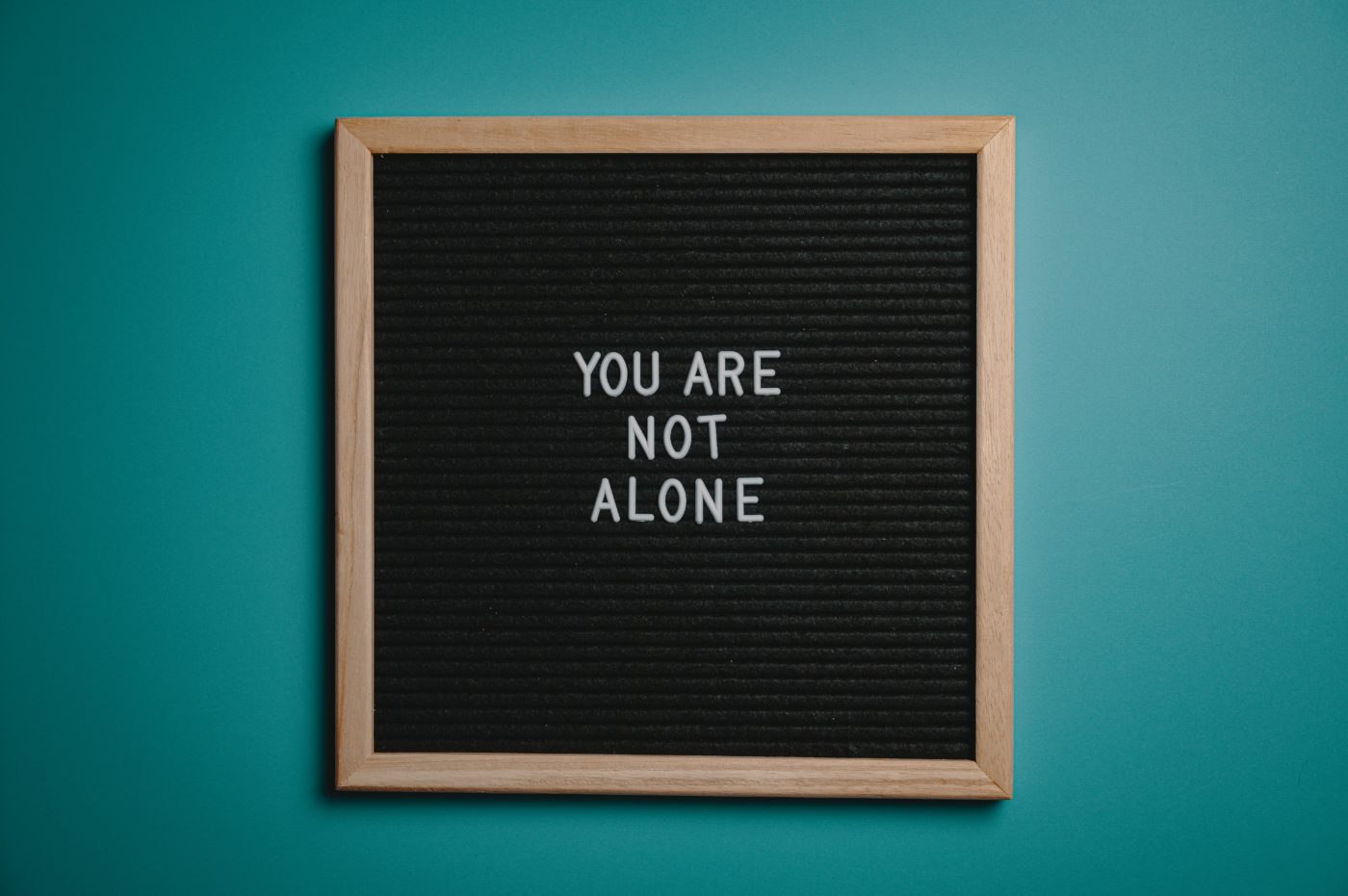Understanding Depression & Anxiety

Welcome back to Mental Health Monday! This week I want to dive into two of the most common mental health struggles that patients may experience during treatment and survivorship: depression and anxiety.
First up is the big bad wolf, depression. I’m sure we have all seen commercials for antidepressant medications or have a loved one with depression. Even throughout our own lives, we may have experienced periodic depressive days, but can bounce back to normal functioning quickly. This is not the case with Major Depressive Disorder.
So, what exactly is Major Depressive Disorder (MDD)?
A true depressive episode is one where you feel down, sad, and you aren’t enjoying life or finding pleasure as in the past. You feel like this day after day for at least two weeks or more. During this time, you might notice you are crying more frequently, or maybe feeling more irritable or frustrated than usual. You might be sleeping for longer periods of time, or have trouble getting out of bed. Your energy and motivation to complete even the most basic task is much lower. You may find yourself eating less frequently, not feeling hungry or overeating (this can be tricky to gauge in cancer patients). Your brain may feel foggy and your concentration may be limited. Even when you feel depressed, you might have periodic moments of smiling, or feeling joy but often these are short lived periods.
Depression can rear its head at any point during treatment, or even when treatment is over. Sometimes depression can begin subtly and progress over time in such a way that you don’t even notice a change in mood or functioning. This is especially true when you are overwhelmed due to a focus on treatment or recovery. If any of these symptoms sound like you, I encourage you to take the next step by talking to your providers and advocating for yourself.
You may utilize this easy screening tool to give you a baseline idea of your depression:

Now, let’s talk about Anxiety. We have all experienced anxious feelings throughout our life. Anxiety is a normal emotion and functions as a way of reacting to stress or warning us of potential danger. And quite frankly, what cancer patient/family does not have anxiety?! But when anxiety becomes problematic, it begins to interfere with our daily functioning and creates physical symptoms in the body.
There are many different forms of anxiety, from social anxiety, to separation anxiety, even to panic attacks. But generalized anxiety is the most common form of anxiety.
So, what exactly is Generalized Anxiety Disorder (GAD)?
Generalized Anxiety Disorder can be described as having intrusive thoughts of worry that are excessive and often uncontrollable. It can be difficult to move past your anxious thoughts. You might find yourself worrying about anything and everything in your life, from mundane to complicated situations. Or you might find yourself worrying about the same few things over and over. You can find yourself feeling overwhelmed with fear or playing out situations in your head often. You might notice feelings of restless or being keyed up or on edge. Anxiety may feel like racing thoughts and can even keep you awake at night. Others in your life might mention you seem anxious frequently. Like Depression, you can also feel irritable and find difficulty with focus and concentration.
Utilize the screening tool below to get an idea of your anxiety baseline:
It’s important that we understand what it feels like to have depression and anxiety. And I want you to know, you are not alone. I experienced both MDD and GAD throughout my treatment, and luckily, I was able to identify how I was feeling and ask for help. But not once did any of my providers check on my mental health, or even assess how I was doing. If it wasn’t for my own advocacy, I would likely have not received treatment.
Anxiety and depression are both treatable conditions with a combination of medications, therapy and even support groups. Discuss treatment options with your care team. Social workers can be a great resource for help, and some hospitals have started a psycho-oncology department to help cancer patients specifically with mental health. Consider starting therapy or virtual therapy. You can also see a psychiatrist or psychiatric mental health nurse practitioner.
The takeaway from this post is be your own advocate. Ask for help. Don’t suffer. Mental health is normal and crucial to our overall wellbeing. In future posts we will discuss Scanxiety, Trauma, the Stigma of Mental Health, Mental Health in Children and much more. If you have a topic you would like me to cover, please leave us a comment!
Courtney, MSN, PMHNP
Osteosarcoma Survivor




